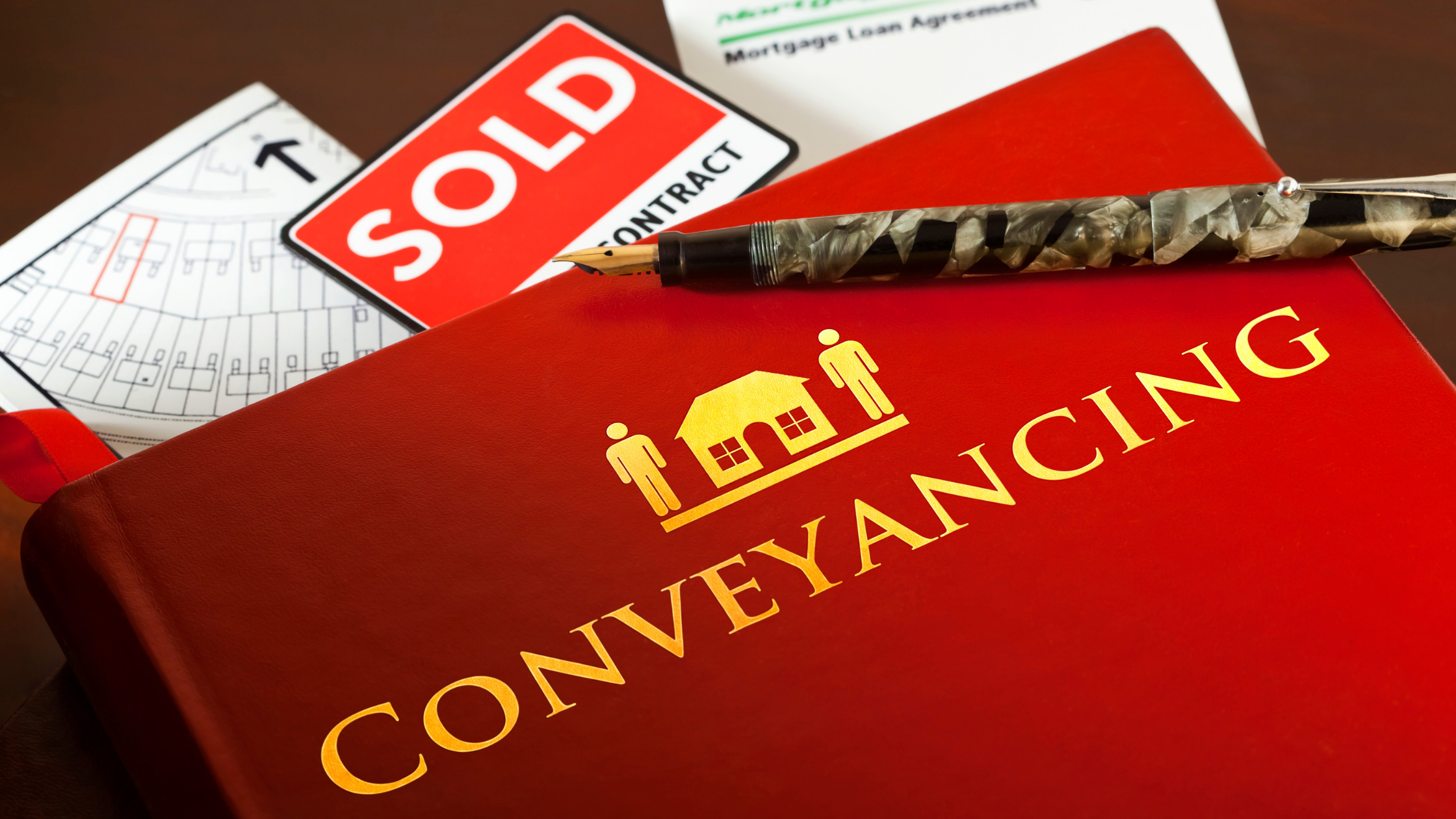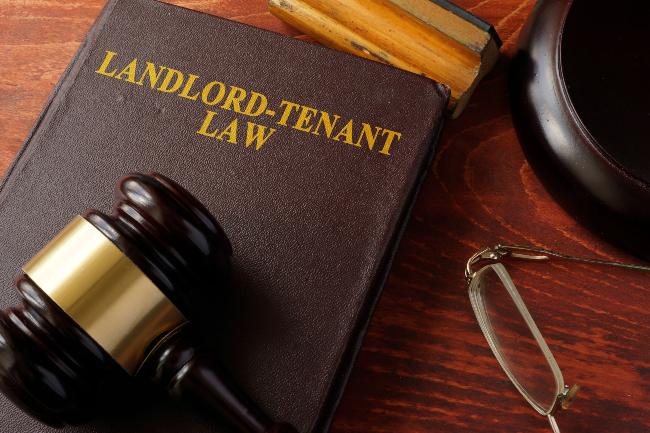Should you suddenly come across a defect inspection, we prepared some guides to help you. You must be aware of the Defect Liability Period(DLP) to avoid any misunderstanding or mishandling of the developer upon home purchasing.
What is Defect Liability Period(DLP)?
Defect Liability Period(DLP) is the period starting on the day you obtain vacant possession and keys to your property, in which the developer is liable for repairing any defects.
It's crucial to know that the Housing Development Act (HDA) only covers buildings and projects with a Residential title, therefore not all new developments come with a DLP. The validity of the DLP is 24 months or 2 years, effective on the day you obtain your keys. Throughout this time, the homeowner must inspect the property for any damage, faults, or poor or defective craftsmanship.
Any concerns must be reported to the developer to be repaired without any cost.
What should I focus on when inspecting?
Firstly: Does the property match your expectations and the developer’s guarantee?
When moving in, you want to make sure it is as said it is and promised. Take a tour around your new home. Every room's actual built-up area should be measured. Start comparing your floor layout to the one according to your Sales and Purchase Agreement (SPA).
List the number of electrical points, sockets, fan and lighting points. If the property was promised to come with additional appliances such as sinks, toilets, air conditioners and such, you must make sure all are working and properly installed.
Developers tend to take advantage of using cheap materials when customers are not aware of their rights.
Secondly: Do you find the workmanship acceptable or satisfactory?
For the second phase of your inspection, examine the walls, sinks, and pipes closely for any cracks or leakings. You wouldn’t want a sudden flood in your room. Misarrangements of floor, kitchen and bathroom tiles are also important. Make sure you inspect the windows and doors of your property similarly.
Lastly: What should I do now that I have these problems?
Now with the discovery of the defects in your new property, label each area and mark them so that when the time comes to present it to the developer, it may just ease your work.
Next is to bring the issue up to the developer or management. Generally, the person in charge will provide you with a complaint form to list down all the defects in your property. According to standard procedure, they will be given 30 days to make the adjustments.
However, if you fail to receive a response from them after the given duration, you may appoint an outsource to help with the repairs. Upon completion of the renovation, you can bring the bill up to the developers for compensation.
To obtain compensation, you may claim your rights through the Homebuyer Tribunal - a cheap and efficient alternative to suing the developer through court proceedings. Here's how - Homebuyer Tribunal Guide | What You Can Claim and the Filing Process
I found damages but my defect period has ended, what can I do?
Once your defect liability period has ended, your claim cannot be brought to Tribunal however you can bring it to court. Do keep in mind that a court claim must be made within 6 years from the date of the breach of contract or ‘negligent act’ has occurred. Speak to a legal advisor if you face such a matter.
___
Before signing your Sales and Purchase Agreement, make sure you understand the agreement of liquidated and ascertained damages or LAD. It will protect you should the project be delayed and overrun. Learn more about it in - What Is LAD in a Construction Contract?

.jpeg)
_PH_Banner_(Desktop)(1200x180px).png)
.png)


.png)




.jpg)

.jpeg)

